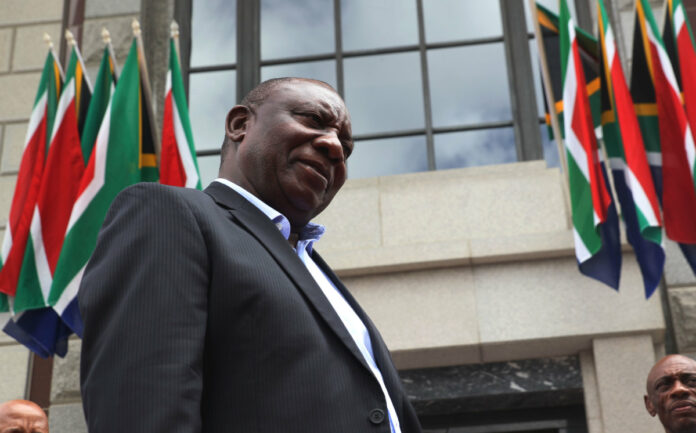The State of the Nation Address (SONA) will be the seventh delivered by President Ramaphosa. It is a critical time to address the country, and even the President acknowledged how South Africa is still tackling the same social crises of poverty, inequality and unemployment, but with greater depth. ‘With 9.1 million young people not in employment, education or training, South Africa is missing out on its biggest capital. It’s critical that the President outlines a clear plan forward that can empower young South Africans to actively participate in the economy’, says Kristal Duncan-Williams, Project Lead at advocacy campaign Youth Capital.
Youth Capital hopes to hear four points tackled to meaningfully tackle youth unemployment.
1 More focused support to Public Employment Programmes
The lack of recognised work experience is a stumbling block that keeps young people from engaging in economic activities. Public Employment Programmes have been designed to target this specific challenge. For example, the Basic Education Employment Initiative (BEEI) was launched at the end of 2020, as part of the Presidential Employment Stimulus, to support young unemployed people in short-term work experiences; the programme has so far provided 1 million work experiences by creating support roles such as Teachers Assistants and Reading Champions in schools, in partnership with the Department of Basic Education (DBE). To date, the stipends received by young people have injected local economies with a vital boost. But there is more; with most children leaving Grade 1 without knowing the alphabet, and eight in 10 Grade 4 children being unable to read for meaning, this type of Teachers Assistant Programme can play a significant critical role in tackling the literacy crisis South Africa is facing.
At SONA, Youth Capital is hoping to hear the Presidency’s focus on equipping young people who are part of these programmes with transferrable skills, training, and creating connections to the world of work through, for example, mentoring relationships. ‘With four in 10 young people (between the ages of 25 and 34 years old) unemployed, these programmes must urgently support young people transition into their next economic opportunity’ says Duncan-Williams.
2 National coordination to effectively tackle the unemployment crisis
The BEEI also offers an example of coordination between the Presidency and government departments, in the specific DBE; given the depth of the youth unemployment crisis, it’s urgent that the President outlines a coordinated and synergistic approach between government departments when it comes to issues of youth employment. ‘The youth unemployment crisis still lacks a coordinated strategy that prioritises the systemic stumbling blocks that young people face from the moment they start school, on their aspirations to engage in economic activities, and fulfil their ambitions and aspirations’, adds Duncan-Williams.
3 Power small businesses
Small businesses are considered the engine room of the South African economy. In his speech last year, the President appointed Sipho Nkosi to head up a team to reduce the red tape small businesses face. ‘Between 2016 and 2019, small businesses in South Africa created more than 1,800 jobs each day. In the face of this potential, we urgently need to define what can create a more enabling environment for small business, to support economic growth and increase labour absorption, especially of young job- seekers. If incentives such as the Employment Tax Incentive, expanded at SONA 2022, are the right vehicles for growth, then they must cater to the needs of small business owners, some of whom require information, administrative support and assistance to access these financial perks.
4 Keep the lights on
As South African citizens, we’re all living the devastating effects of continuous loadshedding on our economy broadly, critically threatening food security and livelihoods. ‘We simply can’t work to promote youth employment security and pathways to economic productivity without a consistent energy grid. The President must outline a way forward’, adds Duncan-Williams.
Youth Capital is a campaign advocating for youth unemployment solutions that are evidence-based and youth-centred. Youth Capital’s Action Plan proposes a strategy that prioritises the systemic roadblocks that hold young people back from participating into the economy across the focus areas of Education, Transitions and Jobs. Youth Capital is a campaign incubated by DGMT, a public innovator committed to developing South Africa’s potential through strategic investment.









